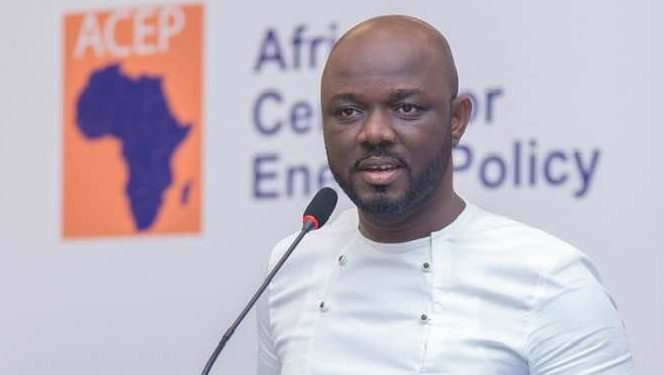Some stakeholders speaking here on Tuesday blamed bad governance for Ghana’s cyclical economic crisis.
One of the stakeholders, Benjamin Boakye, Executive Director of the Africa Center for Energy Policy (ACEP), said, bad decisions in the use of Ghana’s resources are to blame for the country’s economic difficulties.
According to Boakye, the abuse of resources over the years and the government’s borrowing to finance projects that usually wouldn’t yield results are some of the factors behind the West African country’s cyclical economic downturn.
“We abuse resources, and then suddenly we want the IMF to help keep us afloat. If we don’t address these inefficiencies and keep thinking that we can always borrow our way out and get the IMF to come and fix our problems, we will not develop and change the trajectory,” the ACEP chief stated.
For example, he said Ghana should stop building roads that get eroded in a short time and stop developing projects that do not serve the country’s needs but be more targeted with spending to realize effective outcomes.
Boakye, an energy economist, said running to the International Monetary Fund (IMF) alone would not bring long-term and far-reaching solutions without good governance practices.
Ultimately, Boakye said Ghana needs to grow the economy to the point that it allows the government to get enough revenue to address the collective needs of its citizens.
Godfred Alufar Bokpin, an economist and professor of finance at the University of Ghana Business School, added that despite the modest gains made since the start of the IMF-supported reforms last May, the country needs to do more work to achieve real results.
Bokpin said the economy has hit rock bottom and “we cannot jump-start the economy, and we cannot jump ahead of ourselves. We need patience with systematically doing the right things to inspire and lead us out of our current woes.”
Moreover, the economist said the IMF-supported reforms are only meant for temporary relief to ensure macroeconomic stability but cannot deliver the level of development Ghanaians aspire to.
He added that collecting more revenues alone would also not be enough to achieve sustainable solutions to the country’s woes.

“The revenue that is trickling in is not enough. It is not as though, by collecting more revenue, our problems will disappear. You build on these gains by practically looking at your expenditure, and if you do not tame your expenditure but keep spending as in normal times, then we are going nowhere,” he cautioned.
“And what is lacking right now in achieving that is leadership, because if leadership is not willing to pay the price, then who else will?” he quipped.
Over recent years, Ghana, once one of the fastest-growing economies in Africa, has faced severe economic crises, marked by soaring inflation, fluctuating currency, escalating public debt, and rising living costs.
The Ghanaian government secured the 3-billion-dollar loan from the IMF in May last year, hoping to steer the economy toward recovery.

